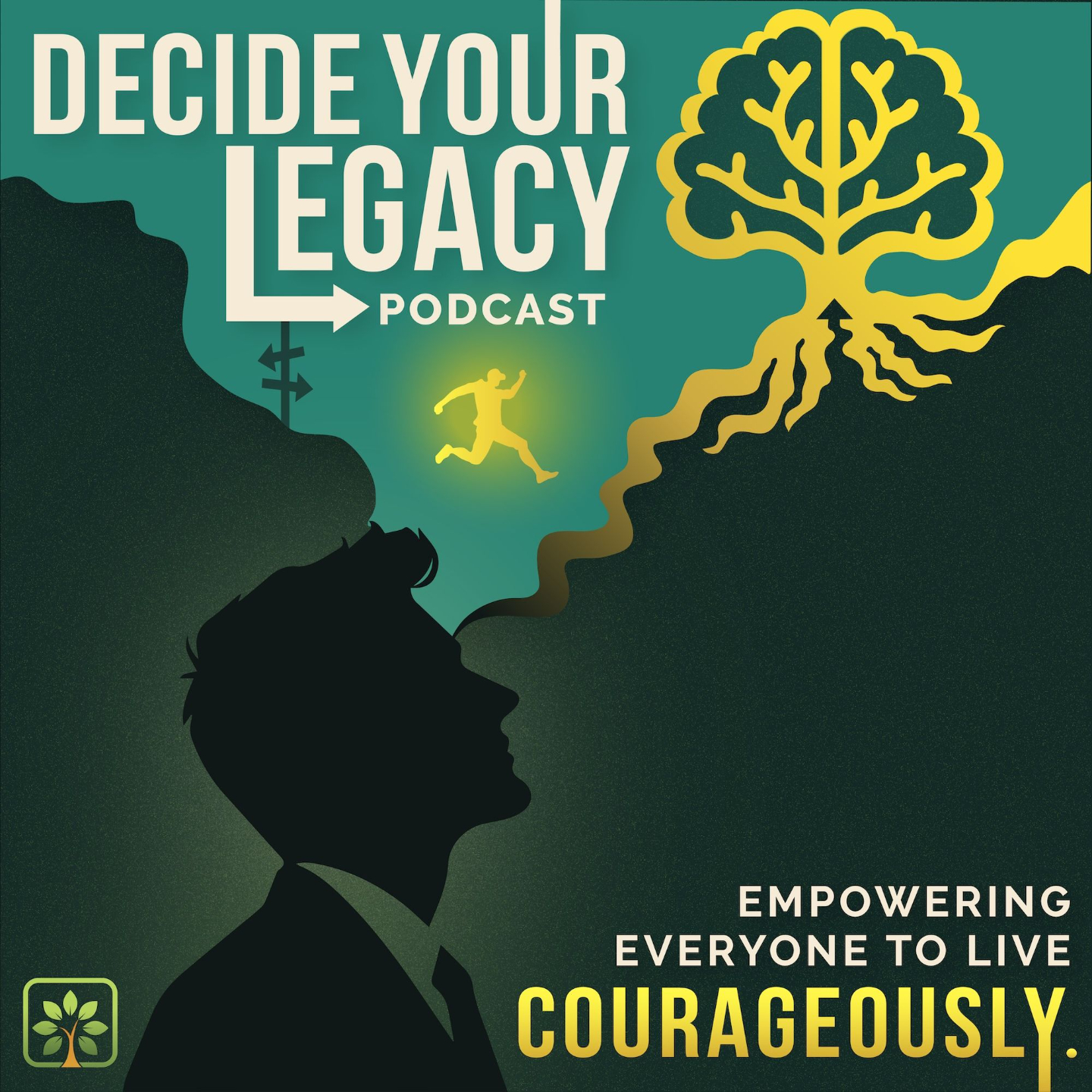DECIDE YOUR LEGACY - BUSINESS & LIFE COACHING
Empowering You to Live Courageously
Decide Your Legacy helps companies & executives build cohesive, high-trust teams & healthy organizations. We help individuals & families make long-term life transformations.
Tell Me MoreMake the Decision to Live Intentionally
The happiest and most productive people live intentionally. They decide their legacy (not someone else), have a plan to live it out each day, and consistently execute this plan. They’ve done the hard work of looking internally to discover their life purpose, mission, and core values. They know what makes them “light up”, and because of this, they wake up each day excited to pursue their goals.
The purpose of Decide Your Legacy is to help others find clarity, create alignment, live purposefully, and ultimately get what they REALLY WANT.
ONLINE COURSE:
Shatterproof Yourself
Shatterproof Yourself is for anyone who feels stuck, anxious, or uncertain about their future and wants to break free from fear, self-doubt, and old patterns. Through seven powerful steps—like clarifying your vision, facing your past, knowing your value, and building true friendships—you’ll gain the clarity, resilience, and confidence to move forward. With practical tools and guided exercises, this course helps you shift your mindset, strengthen relationships, and live with courage so you can create a life of freedom, joy, and purpose.
Stop Feeding FearONLINE COURSE:
Tune Up for Life
Tune Up For Life is designed for people who feel busy but unfulfilled, stretched thin, or unsure how to align daily choices with their deeper purpose. This course acts like a “life reset,” helping you clear distractions and refocus on what matters most. Through practical frameworks and reflective exercises, you’ll learn how to create life balance, identify and live by your core values, clarify your purpose, and establish habits that drive lasting success. The result is a personalized roadmap that brings more energy, clarity, and joy into your relationships, work, and everyday life
Find New ClarityWorking with Adam for the past year was life changing. He was a tremendous coach for me to take my career to the next level, re-balance priorities in my life and gain confidence. Each session left an imprint on me as I defined my core values and needs, which I can sustain these concepts for my future. I reflect upon the sessions with Adam as very eye-opening, powerful and healing. He fueled exponential growth in my faith in Christ journey. I highly recommend Adam as a life coach – he listens, provides guidance while holding true to who you are as an individual. He will change your life for the better, give Adam a call.

Joy Free
VP, Spirit Aerosystems

DECIDE YOUR LEGACY
Business & Life Coaching

Business Coaching
Decide Your Legacy coaches businesses and groups who are ready to make positive long-term transformations in organizational health, growth, vision, trust, cohesiveness, motivation, and courage.
Learn MoreIndividual Coaching
We also provide 1-on-1 coaching for individuals looking to live courageously. We coach executive leaders and professional individuals through workshops, leadership team development, online education, online community, and physical products.
Learn More
Join the Community
Subscribe to Our Podcast
Are you ready to take the steps necessary to thrive? Join us every episode as host Adam Gragg discusses what is holding us back and how to move forward with purpose, along the way developing healthy relationships and navigating life transitions while overcoming fear, stress and anxiety. Adam is a family therapist, mental health professional and life coach, helping individuals and organizations find the transformational clarity that unleashes hope. Live the life you want, the legacy you decide.
The Decide Your Legacy Podcast is Available on Apple Podcasts & Spotify
Podcast WebsiteSubscribe to Our YouTube Channel
Decide Your Legacy posts new videos every week highlighting tools and strategies covered in our Shatterproof Yourself and Tune Up for Life courses.
Subscribe


